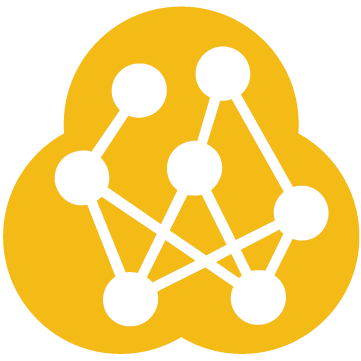COURSE
AppNeta: Application Quality Dashboard
Learn how to create and interpret the Application Quality dashboard so that AppNeta users can identify which geographic regions are most affected by issues during a selected time range.
Start This Course
June 11, 2025
30 minutes
 Badge
Badge
AppNeta: Application Quality Dashboard
What You Will Learn
Learn how to create and interpret the Application Quality dashboard so that AppNeta users can identify which geographic regions are most affected by issues during a selected time range.
The course was last updated to align with AppNeta version 18.10.0.
To learn about changes and enhancements released since the last course update, refer to the AppNeta documentation: Release Information.
Roles
- AppNeta administrators
- AppNeta users
- Network engineers
Prerequisites
Before taking this course, you should have:
- Access to an AppNeta organization with the Organization Admin, Advanced, or Standard user role.
- Installed Monitoring Points in the relevant organization.
- Configured network or web app monitoring for the environment.
- Assigned any custom tags required to filter the dashboard.
This course assumes familiarity with concepts covered in the following courses:
- Introduction to AppNeta
- AppNeta: Configure Network Monitoring
- AppNeta: Configure Web App Monitoring
- AppNeta: Dashboard Fundamentals
Exercises
This course does not contain hands-on exercises.
Completion Criteria
To complete this course, you must pass the final test with a score of 80% or higher.
What You Will Earn
Upon review of the course content, you will receive:
- A certificate validating the course completion
- The AppNeta: Application Quality Dashboard badge
Course Objectives
After taking this course, you should be able to:
- Explain the purpose and functionality of the Application Quality dashboard: Understand how this tool helps track performance trends and identify service and delivery issues.
- Create and configure Application Quality dashboards based on specific monitoring needs: Set up dashboards that filter and present the most relevant information.
- Apply filters, set time ranges, and adjust performance data views: Customize the dashboard to highlight different timeframes, locations, and performance attributes.
- Interpret performance summaries, location data, and path-level insights: Analyze dashboard outputs to diagnose and prioritize network issues.


